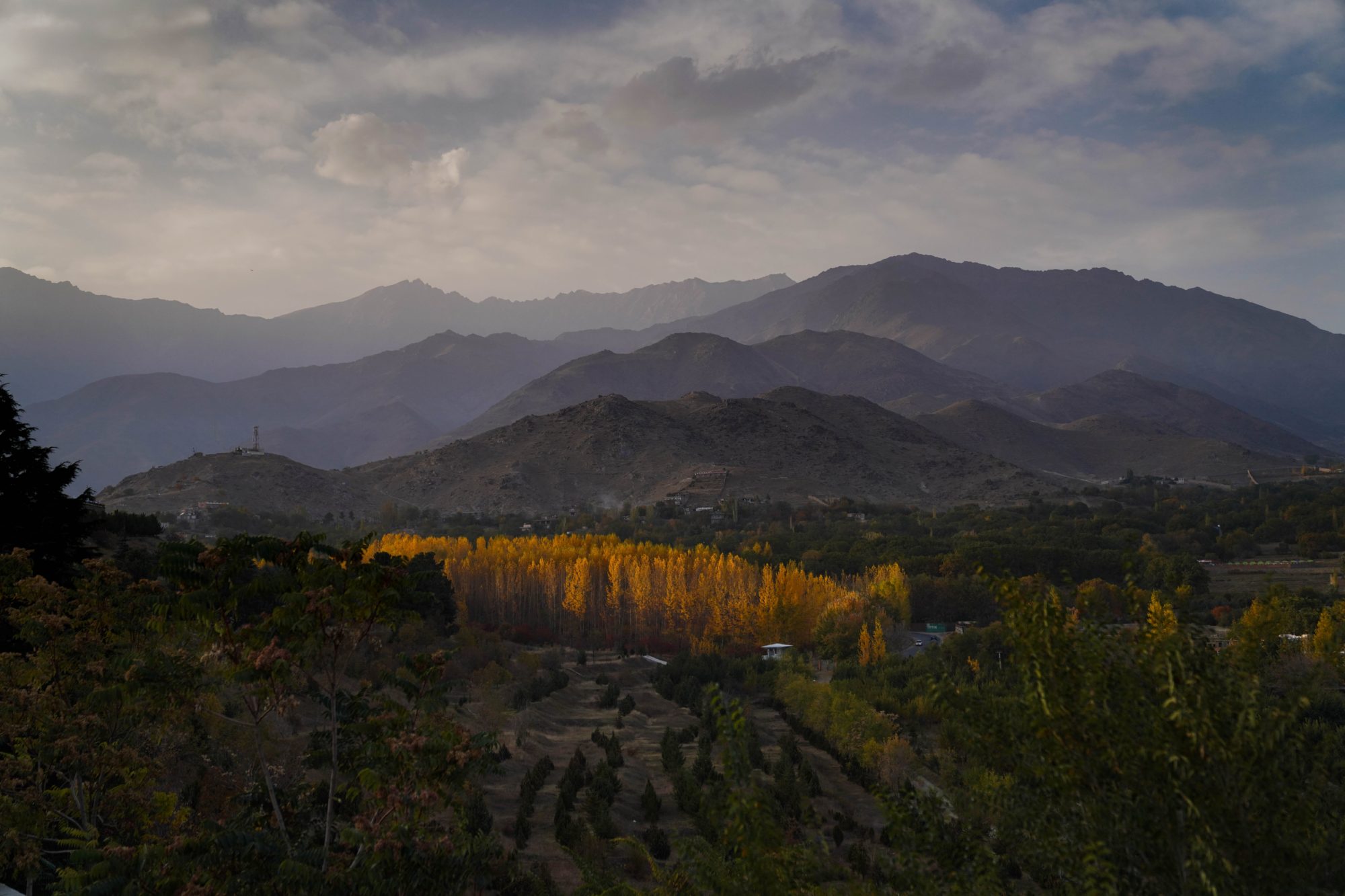The Islamic State Khorasan’s (ISK) assassination of Shaikh Rahimullah Haqqani, a senior Afghan Taliban ideologue, in Kabul on Aug. 11, 2022, is a significant blow to the group and its war against ISK. Haqqani, who was not related to Afghanistan’s Haqqani Network, was a fierce critic of ISK and had survived multiple attacks in the past.
Since the Taliban takeover last August, ISK has conducted over 200 attacks against the Taliban, including the killing of senior military commander Hamdullah Mukhlis in Kabul in November 2021. The Haqqani assassination, however, has significantly escalated the threat and effectively nullified the Taliban’s claims that it eradicated the ISK threat in the country. The attack also comes as a threat to Taliban leadership, reminding them that ISK can hit a target irrespective of any security measures.
As these groups battle it out, Afghanistan’s security environment continues to deteriorate. If ISK continues to grow strong, it undermines the Taliban’s promise — made in the Doha peace agreement on Feb. 29, 2020 — of protecting Afghanistan from becoming a safe haven for terrorist groups who aim to attack the United States and other Western countries. While the Taliban is not recognized by any state and continues to be sanctioned by the United States, it does not appear to have any plans to attack the US homeland, while there is speculation that the ISK does.
HOW IT STARTED
Haqqani’s assassination is a continuation of the ISK’s brutal war against the Taliban, presenting a threat to the region beyond Afghanistan. ISK was established by the disgruntled members of the anti-state Pakistani militant group, Tehrik-e Taliban Pakistan (TTP) in January 2015, but the group shifted to Afghanistan’s eastern province of Nangarhar, which borders Pakistan, within weeks of its establishment. ISK soon entered a brutal war with the Afghan Taliban and captured large territories from the Taliban and Afghan National Security Forces. The group also took control of large areas in neighboring Kunar and the Northern Juzajan provinces.
ISK was finally defeated in early 2020 by the continuous onslaught of the Taliban, along with US and Afghan forces. After the United States and Afghanistan signed the Doha peace agreement in February 2020, ISK announced its return with a new urban warfare strategy and predicted that the Taliban would soon become the country’s new ruler. In ISK’s view, the Taliban are Western stooges, and hence must be stopped.
The ISK challenges the Taliban’s religious and jihadist credentials that helped the Taliban to establish itself as a parallel power in the country against the international community-supported Afghan government. Thus, ISK declared the Taliban a deviated group and claimed itself to be the true heir of the jihadist movement in Afghanistan. And this is why the Taliban has needed a strong religious narrative along with military efforts to counter ISK. And this is where Haqqani comes in.
If ISK continues to grow strong, it undermines the Taliban’s promise — made in the Doha peace agreement on Feb. 29, 2020 — of protecting Afghanistan from becoming a safe haven for terrorist groups who aim to attack the United States and other Western countries.
Haqqani hailed from the Pachir aw Agam district of eastern Nangarhar province that has been the battleground of the war between the Taliban and ISK for years. He was notorious for his controversial stance against the Shias and various sects of Sunni Islam. He was particularly involved in a religious war against the Salafists for years, whom he excluded from the fold of Islam due to differences over religious beliefs. This severe criticism against the Salafists and ISK made him popular among the Taliban. Haqqani once called ISK the “worst disbelievers,” making him a target of the terrorist group’s ire and attacks. He survived multiple attacks: one in Peshawar in Pakistan in 2016 and the other in October 2020, where an explosion during a lecture in his seminary killed 10 and wounded over 100 students.
Haqqani’s role in the Taliban’s war against ISK became more dominant when the ISK started an intense attack campaign against the Taliban within a month of their take-over of Kabul in 2021. Haqqani reiterated his edicts against ISK, declaring them “Khawarij” (ultra-extremists). He urged Taliban fighters to shut down the Salafist seminaries, claiming these serve as support bases and nurseries for the ISK’s recruitment. Soon after the Taliban takeover, Haqqani relocated from Peshawar to Kabul, where he established a religious seminary. He declined the Taliban leadership’s offer for a government position, saying he preferred to continue his religious war against the Salafists.
Haqqani’s killing, therefore, has been a boost to ISK. The group released the latest issue of its flagship Pashto “Khurasan Ghag” magazine within a week of the assassination and celebrated Haqqani’s killing. The op-ed declared his killing was revenge for his edicts against ISK, and that other members of the Taliban should fear a similar fate if they continue their brutal attacks against ISK and its Salafist supporters.
COUNTERING ISK
On Aug. 25, 2022, two weeks after Haqqani’s assassination, Zabihullah Mujahid, the Taliban’s spokesman, held a press conference in Kabul and reiterated the Taliban’s official narrative that ISK no longer has a presence in the country, so neighboring states should not fear it. Unofficially, the Taliban not only knows that ISK is a threat but is actively trying to counter it and ensure it does not grow.
The paradox in the Taliban’s official and unofficial position is an indication of the gravity of the threat to Taliban rule in Afghanistan. The Taliban needs to win the support of the Afghan public and collaborate with regional governments and the international community to eradicate the ISK threat. However, whether the Taliban and the international community can work together remains unclear.
Abdul Sayed is an independent researcher on jihadism and the politics and security of the Afghanistan-Pakistan region. He is currently working on projects related to violent extremist organizations and transnational jihadism in the Afghanistan-Pakistan region.





















